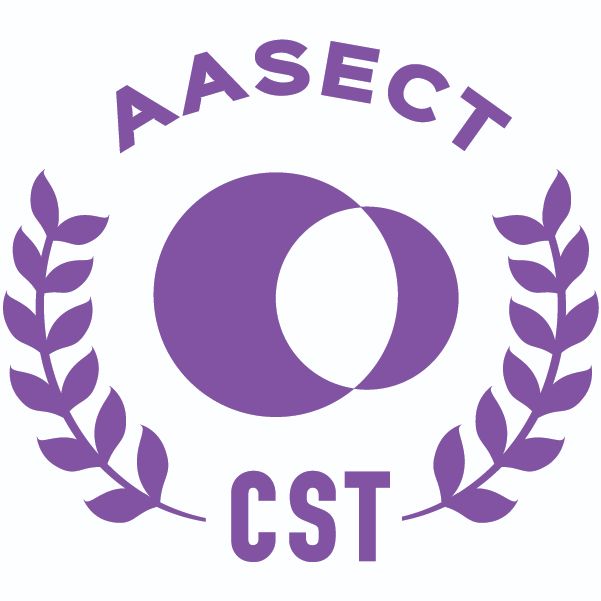Why Therapist Competency Matters (and What Questions to Ask)
April, 2025
Starting therapy — whether for yourself, your relationship, or your family — is a vulnerable and courageous act. But here’s something not enough people talk about: not all therapists are equipped to support all people or issues. And that’s okay — therapy is not one-size-fits-all.
What matters most is finding a therapist who is competent, qualified, and a good fit for your needs. This isn't about credentials alone (though those matter); it’s about experience, integrity, and alignment with your identity, goals, and values.
Why Therapist Competency Matters
A competent therapist is someone who has both the training and experience to work with your specific concerns. They practice within their scope, seek supervision when needed, and are committed to ethical, evidence-informed care.
When a therapist lacks competency in an area — such as trauma, neurodivergence, gender diversity, or couples work — the risk of harm increases. Misattunement or invalidation can damage trust and retraumatize clients.
Therapist competency isn’t about being perfect — it’s about being prepared, accountable, and continually learning.
Questions You Have Every Right to Ask
Therapists are trained professionals, and you’re hiring them for a deeply personal service. You deserve to ask questions — and to receive honest, respectful answers.
Here are a few questions that can help you assess therapist competency and fit:
General Competency Questions:
- What is your professional background and training?
- Are you licensed or registered in this province/state?
- Do you have experience working with people who have concerns similar to mine?
Issue-Specific Questions:
- What’s your approach to [e.g., trauma, couples work, anxiety, neurodivergence]?
- How do you stay current on best practices in this area?
- What types of clients or concerns are outside your scope?
Identity-Affirming Questions:
- Have you worked with clients who are [BIPOC, LGBTQIA+, neurodivergent, polyamorous, etc.]?
- How do you approach cultural humility in your practice?
- What do you do if a client brings up something you’re unfamiliar with?
Therapeutic Style Questions:
- How would you describe your therapeutic style?
- What happens if I don’t feel like this is the right fit?
- What are your boundaries around communication between sessions?
Red Flags to Watch For
- Vague or evasive answers about training or experience
- Claims of being a “specialist” in many unrelated areas
- Minimizing or dismissing your identity or lived experience
- Lack of continuing education or supervision, especially for complex issues
A Final Word
You are not being “difficult” or “demanding” for asking questions. You are advocating for your well-being. A competent therapist will welcome your questions and be transparent about their scope, training, and limitations.
Therapy is an investment — not just financially, but emotionally and energetically. The right therapist is one who makes you feel respected, seen, and supported. And that starts with ensuring they are equipped to walk with you.
References:
Seewald, A., & Rief, W. (2023). Therapist's warmth and competence increased positive outcome expectations and alliance in an analogue experiment. Psychotherapy Research. https://doi.org/10.1080/10503307.2023.2241630SAGE Journals+5ResearchGate+5ResearchGate+5
This study investigated how therapists' interpersonal behaviors, specifically warmth and competence, influence clients' expectations and the therapeutic alliance. The findings suggest that higher levels of perceived therapist warmth and competence are associated with increased positive expectations and stronger therapeutic alliances, which are crucial for successful therapy outcomes.
Chen, C., Zhang, Y., Guo, Q., Wang, X., & Chen, S. (2025). Core competencies for psychological counselors: A scoping review. Behavioral Sciences, 15(2), 147. https://doi.org/10.3390/bs15020147MDPI+1ResearchGate+1
This scoping review identified 30 core competencies essential for psychological counselors, categorized into four domains: attitude, personality, knowledge, and skill and ability. The study emphasizes the importance of these competencies in ensuring effective counseling practices and highlights the need for ongoing professional development













